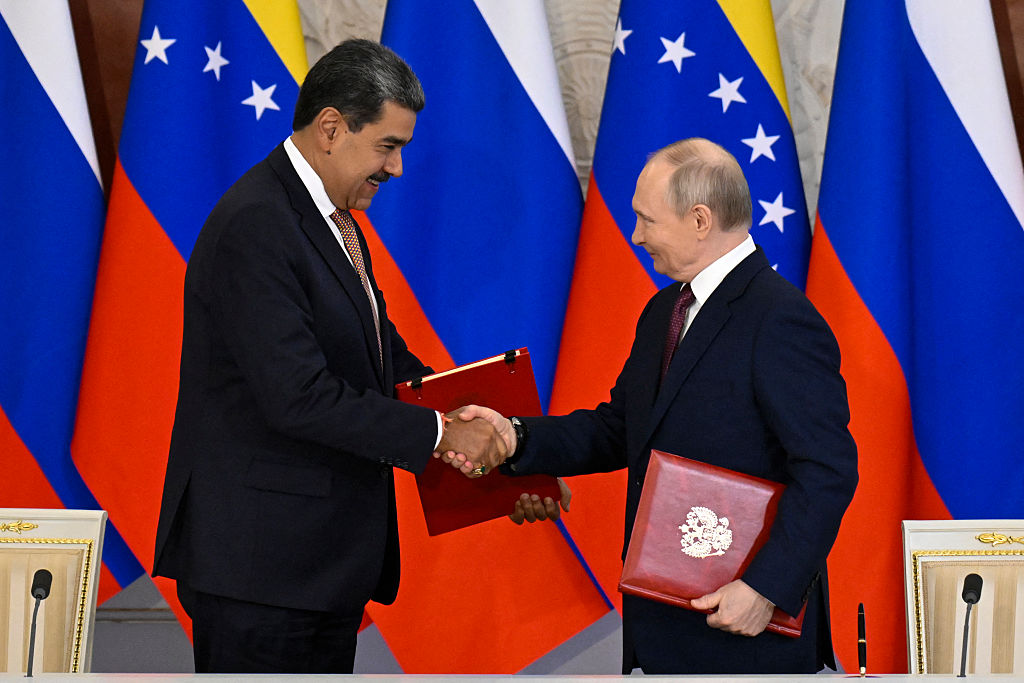Trump has got almost everything he wanted in the trade deal between the United States and the European Union. Goods imported into the US from the EU will now be subject to tariffs of 15 percent – half the rate that Trump had threatened but far higher than existed prior to “Liberation Day” on April 2.
What has Ursula von der Leyen got in return? Nothing at all, other than the punitive tariffs being dropped. She has agreed to lowering tariffs on imports from the EU, in some cases to zero. She has also agreed to the EU buying more products from the US, including liquefied natural gas (LNG), making a mockery of the EU’s net zero policy. The EU has wound down its fossil fuel industry on the pretext that it is yesterday’s energy and we won’t need it for much longer as the transition to clean renewables takes place – but then it commits itself to buying increased quantities of LNG from the US.
Say what you like about Trump, but it is easy to argue that he has proven a far stronger defender of his country’s interests than any recent UK Prime Minister, including Theresa May, Boris Johnson, Rishi Sunak or Keir Starmer. Britain is nearly as important a destination for EU exports as is the US: in 2024, 21 percent of its exports went to the US and 14 percent to Britain. Yet no Prime Minister has properly used this leverage to gain Britain any advantage.
Simultaneously, the UK treated Trump – whose first presidential term lasted throughout the Brexit negotiations – as a kind of oaf who was destroying America’s reputation. Had UK leaders emulated him rather than scorned him, the country would be in a lot better position now.
It all starts to look a bit different, however, if you look at Trump’s trade negotiations from the point of view of consumers rather than producers. Ask instead: has Trump really scored such a victory? American motorists who fancy a new car have just seen their options narrowed, and many of the options still available have just increased in price. It is not just consumers, either, who may feel this is not quite the victory for the US it might look like on the surface. Most manufacturers rely on international supply chains. While tariffs may help snuff out some of their competition, they will in future face higher prices of raw materials and components.
This does not appear to feature all that much in Trump’s mercantilist mind. To him – and not just him, because many world leaders seem to think the same – exporting stuff is a strength and importing stuff a weakness. When you think of things that way, the US has been cheated by the lopsided tariffs which have long existed between the US and the rest of the world. Yet the fact remains that the US has done extremely well out of its low import tariffs. Its economy has grown far faster than those of more protectionist rivals.
It is easy to admire Trump’s negotiating tactics. The whirlwind of the past few months, with threats followed by negotiations and flattery, has been a wonder to watch. Yet that doesn’t mean that the US will end up being the big winner from higher import tariffs. On the contrary, overall the US economy is likely to grow less strongly as a result.


























Leave a Reply